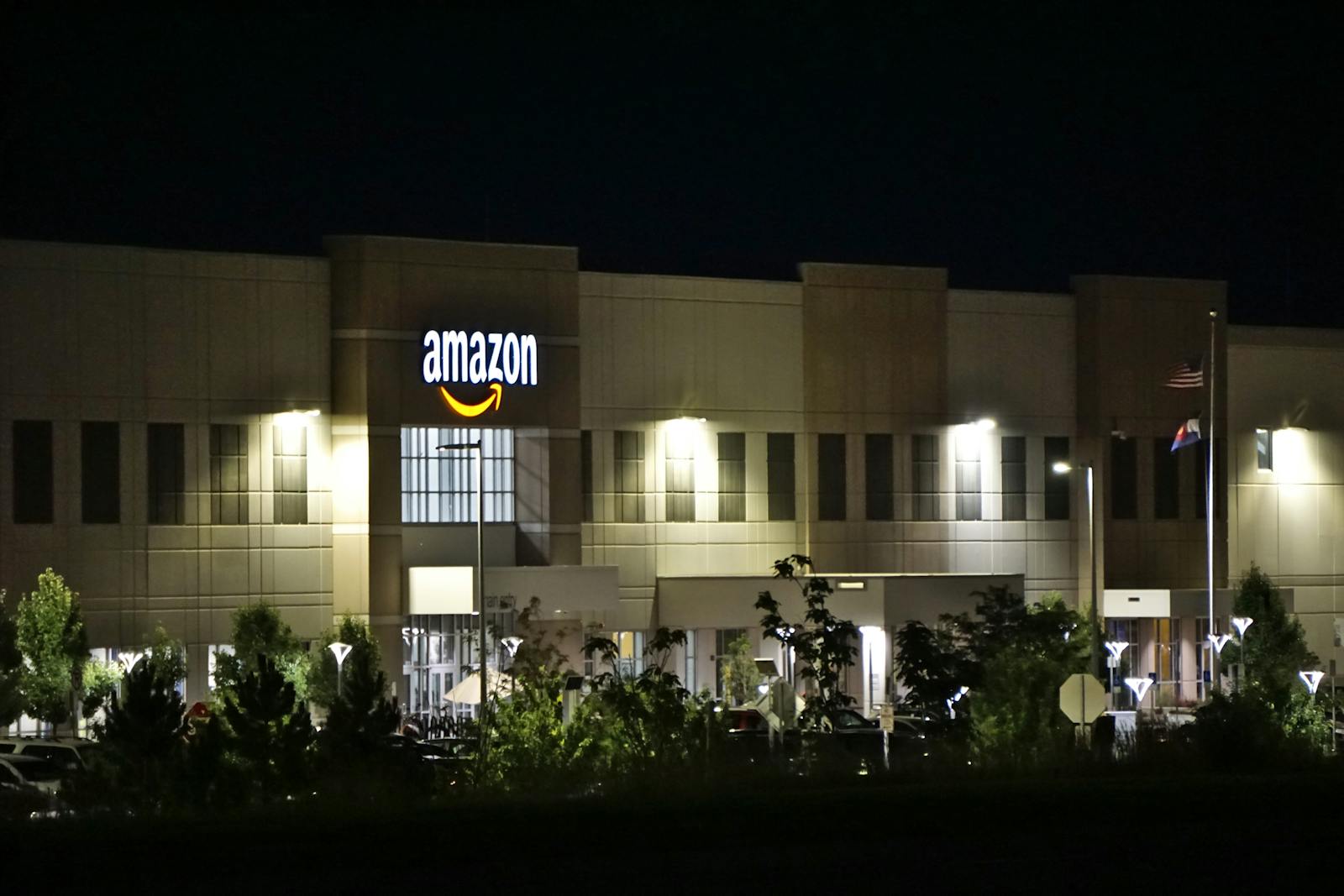
Amazon’s recent announcement to shut down its Quebec facilities and lay off nearly 2,000 workers has left many people shocked and frustrated. The company insists the move isn’t connected to the recent unionization at their Laval warehouse, but let’s be real—the timing is a little too convenient, isn’t it?
Amazon says they’re going back to using third-party delivery services to save costs. But experts and union leaders aren’t buying it. They see it as a classic case of union-busting—a big corporation flexing its muscle to avoid dealing with organized workers demanding better wages and conditions. The Laval warehouse, Amazon’s only unionized site in Canada, was pushing for a $6 per hour pay increase. Instead of negotiating, Amazon pulled the plug on the entire operation.
It’s easy to see why workers are feeling betrayed. Many of them have worked their way up in the company, only to now face unemployment and uncertainty. Supervisors like Nedim Sab, who climbed the ranks from driver to supervisor, are left wondering what’s next. Some blame the union, but the truth is, workers standing up for fair pay and safe conditions shouldn’t lead to mass layoffs.
Labour experts point out that Quebec’s labour laws are stricter than other provinces, and Amazon may have wanted to avoid mandatory arbitration and negotiations. If that’s the case, it shows just how little regard the company has for its workers’ well-being. And let’s not forget—Amazon isn’t exactly struggling financially. With profits in the billions, cutting jobs and outsourcing work isn’t about survival; it’s about keeping their shareholders happy.
Interestingly, Unifor, the same union that supports the Laval Amazon workers, is currently working to unionize employees at our very own Walmart warehouse. It’s a bold move that could have significant implications for the local workforce and may face similar pushback from corporate management. Walmart, like Amazon, thrives on efficiency and tight operational control, and it remains to be seen whether they will engage with workers fairly or take a page from Amazon’s playbook.
This whole situation raises a bigger question: How much power should we let corporations have over our lives? When a single company can eliminate thousands of jobs overnight, it highlights the need for stronger labour protections and a shift in how we approach corporate accountability.
The Quebec government says they’ll support affected workers in finding new jobs, but for many, it’s not that simple. The job market isn’t exactly booming, and severance packages can only stretch so far.
At the end of the day, this isn’t just about Amazon. It’s about the future of work and whether employees can ever have real power when corporations can pack up and leave the moment things don’t go their way. Maybe it’s time to start supporting local businesses that value their workers.
What do you think? Is Amazon’s move really just about costs, or is it a warning sign for workers everywhere?












